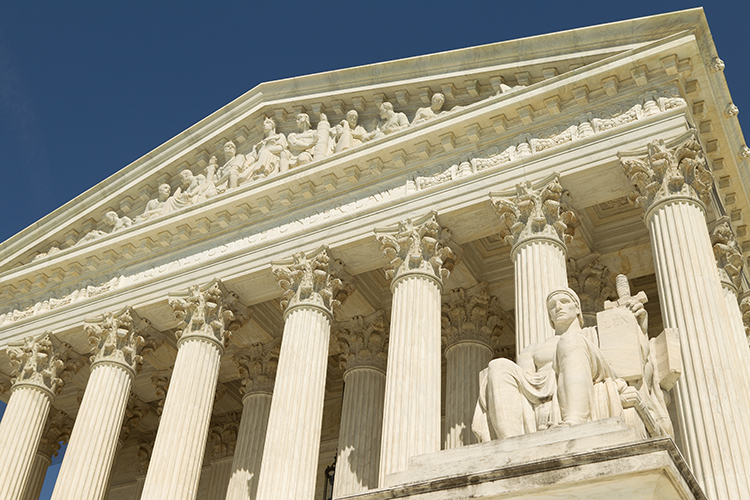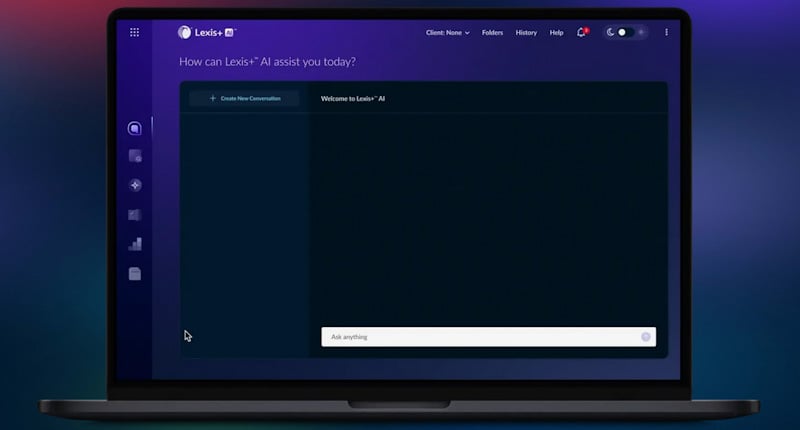SCOTUS rules against warrantless seizure of guns while man is in hospital for suicide evaluation

Image from Shutterstock.
In a unanimous opinion Monday, the U.S. Supreme Court ruled against police who seized a man’s guns without a warrant while he was in the hospital for a suicide evaluation.
Police cannot justify the warrantless search and seizure based on the “community caretaking” exception to the Fourth Amendment, Justice Clarence Thomas wrote in his opinion for the high court.
The Supreme Court had recognized the exception in a 1973 case, Cady v. Dombrowski, in which police searched the trunk of a car that had been towed after a crash.
The Supreme Court ruled Monday in a challenge by Edward Caniglia, who retrieved an unloaded gun during an argument with his wife, put it on the table and said, “Why don’t you just shoot me and get me out of my misery.”
Caniglia’s wife ended up spending the night at a motel. When she called her husband the next day, the wife was unable to reach him. She called police in Cranston, Rhode Island, for a wellness check.
Caniglia agreed to go to the hospital but only after police allegedly promised that they wouldn’t confiscate his firearms. Police entered Caniglia’s home and took two guns.
The 1st U.S. Circuit Court of Appeals at Boston had ruled against Caniglia, ruling that the community caretaking exception applies to homes and cars. The Supreme Court disagreed.
The 1st Circuit’s community caretaking rule “goes beyond anything this court has recognized,” Thomas wrote. “What is reasonable for vehicles is different from what is reasonable for homes. Cady acknowledged as much.”
In a concurrence, Justice Samuel A. Alito Jr. said the decision Monday implicates but does not address “red flag” laws that allow police to seize guns pursuant to a court order to prevent harm to oneself or others.
Alito also mentioned another category of cases involving warrantless searches of a home to ascertain whether a resident is in urgent need of medical attention and can’t summon help. Current precedent does not address that kind of situation, he said.
Chief Justice John G. Roberts Jr. and Justice Brett M. Kavanaugh mentioned similar situations in concurrences. Justice Stephen G. Breyer joined Roberts’ concurrence.
“The court’s decision does not prevent police officers from taking reasonable steps to assist those who are inside a home and in need of aid,” Kavanaugh wrote.
The case is Caniglia v. Strom.



